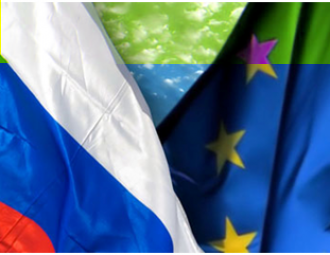The European Union and Russia at a crossroads

The EU and Russia are strategic partners – through their geographic situation, common history, social and econom¬ic obligations.
Currently, the EU’s relations with Russia are under pressure for innovation. The EU’s ability to manoeuvre is hindered by the financial crisis, which has developed into a crisis of the Union’s political integration. The EU´s decision to rescue Cyprus` banking system with involuntary support from depositors, among them Russian citizens, adds additional piquancy to EU-Russian relations. For that reason, the EU’s relations with Russia depend on the Union’s ability to overcome the crisis and undertake reforms.
The Russia policies of EU member states and of the European institutions are dominated by the rhetoric of partnership for modernization. Europe is interested in a guarantor for security and in reliable energy suppliers. It remains to be seen to what extent today’s Russia will live up to European norms and values, and in what form European policy will be able to react to the most recent developments.
The initial conditions for relations between the EU and Russia include, on the one hand, the crisis in European integration, and on the other, Russia’s democratic deficits. Formally, bilateral relations are structured by the Partnership and Cooperation Agreement (PCA) of 1997. Although the PCA was originally negotiated to last 10 years, it is automatically renewed on an annual basis unless one party decides to cancel it. The PCA no longer matches the political realities, as the fruitless EU-Russia summit in December 2012 demonstrated for all to see. For seven years, both sides have been called to work out and then ratify a new bilateral agreement. Before that can be done, however, it is necessary to clarify fundamental questions and only then, based on this analysis, develop new means of cooperation.
Spotlight Analysis offers a current snapshot of EU-Russian relations.
You can download the full text of the report here.
-
03.01
-
07.10
-
22.09
-
17.08
-
12.08
-
30.09








































